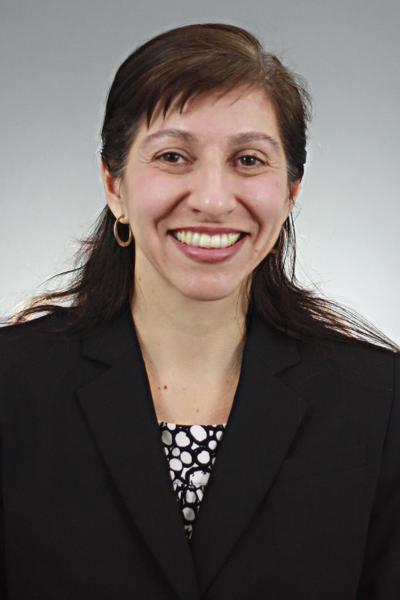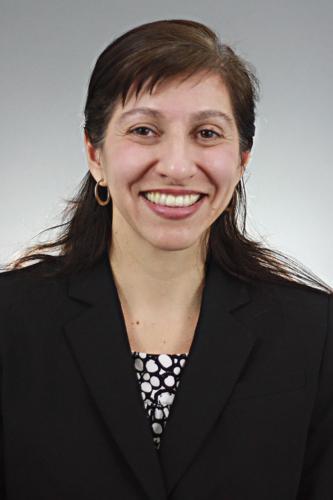The University of Wisconsin Law School is launching a new program to help exonerate Latinos who have been wrongly convicted.
The Latino Exoneration Initiative is a program of the Wisconsin Innocence Project and is funded by a $633,000 grant from the U.S. Department of Justice to undertake cases in which DNA testing might be proof of innocence.
The initiative responds to the disproportionately low number of Latino Wisconsin inmates that have been assisted by the Innocence Project in its 18 years of operation, said Cristina Bordé, director of the Latino Exoneration Initiative.
Nationally, Latinos comprise less than 12 percent of the clients exonerated through programs designed to free the wrongly convicted, though they are 22 percent of the incarcerated population, Bordé said. In Wisconsin, less than 10 percent of exonerees have been Latino.
“This is all the more troubling in light of the fact that Wisconsin’s Latino population is growing while Wisconsin’s overall exoneration rate of Latinos has remained even lower than the national rate,” she said.
“The disproportionately low number of Latino exonerations suggests an underlying systemic problem in serving this community, and our program will study and attempt to address the causes of these disparities,” said Keith Findley, assistant professor of law and co-director of the Wisconsin Innocence Project.
Bordé said that the lack of bilingual and culturally competent staff and attroneys is throught to have contributed to the low number of Latino inmates served by innocence programs. In addition, a lack of fluency in English likely means that some Latinos are not aware such programs exist, she said.
Language and interpretation problems — as well as immigration status — also contribute to the wrongful conviction of Latinos, Bordé said. Their cases may involve false confession, mistaken eyewitness identification or police misconduct, as in any other case of wrongful conviction, she said. But they also may involve the use of uncertified translators, a defendant implicating himself by confessing or testifying in less than fluent English, or witnesses who refuse to testify because they are not documented to be in the country.
To make prospective clients aware of the assistance it can offer, the Latino initiative will reach out to the Latino community through Spanish language media and visits to prisons.
The two-year federal grant to the initiative, which is a legal clinic where law students gain experience by assisting in actual legal cases, will pay for an intake worker, a staff attorney and part of Bordé's salary.
Since its founding in 1998, the Wisconsin Innocence Project has freed 22 wrongly convicted men and women. They include:
- Mario Victoria Vasquez, freed in 2015 after a Brown County judge vacated his conviction of child sexual assault for which he was jailed for nearly 17 years.
- Audrey Edmunds, who served 11 years in prison before she was exonerated in 2011 after an appellate court granted a new trial, finding that her 1996 reckless conviction in Dane County Circuit Court had relied on evidence of shaken baby syndrome that was since cast into doubt by new research.
- Steven Avery, who was released from prison in 2003 after DNA evidence showed he did not rape a woman in Manitowoc County in 1985. In 2007, Avery was convicted of murdering 25-year-old Teresa Halbach and sentence to life in prison. The Wisconsin Innocence Project did not represent him in that case.
The Latino Exoneration Initiative is now accepting applications. For more information or to download an application, go to wisconsininnocenceproject.org.




